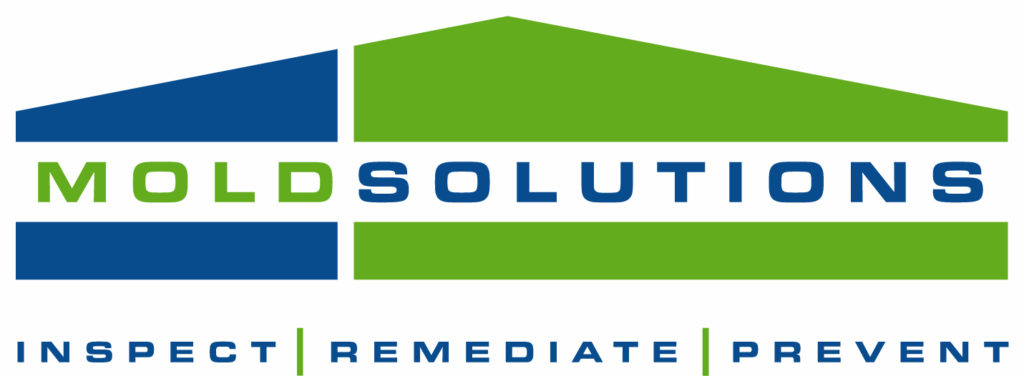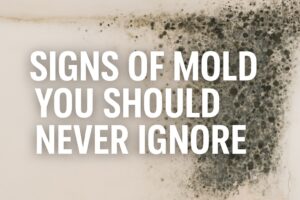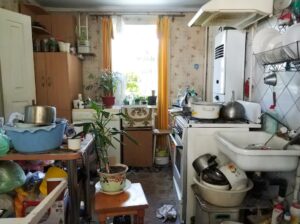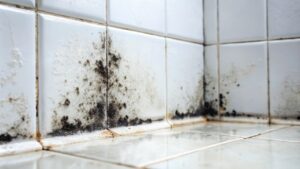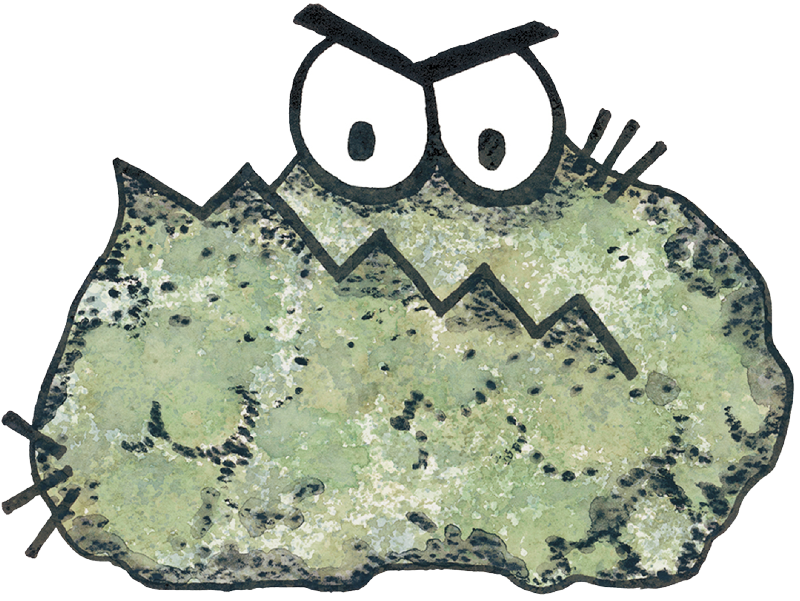 Whether you’ve outgrown your first home with the addition of children or if you’re empty nesters who are ready to downsize to something with less square footage, the decision to sell your home is a big one.
Whether you’ve outgrown your first home with the addition of children or if you’re empty nesters who are ready to downsize to something with less square footage, the decision to sell your home is a big one.
In fact, selling and/or buying a home is listed as one of the top five stressful things you can do in your lifetime. (I can attest to this… We bought a home a few years ago and some days I still feel like I haven’t recovered from the stress that went along with it.) There are so many details you have to make sure get covered and it can easily overwhelm you.
One of the biggest stressors is the home inspection. There are quite a few things that might scare a potential buyer off but mold growth is at the top of that list. If you’ve read many of the recent articles about household mold, it sounds quite scary and if you’re wondering whether or not your home inspector will find mold in your home, you’ve arrived at the right place.
Let’s dig into some information regarding a home inspection to get you prepared to sell your house.
Will A Home Inspector Specifically Look for Mold Growth?
A home inspector is tasked with finding any possible issues with your home. This can range from a leaky roof, potential electrical issues or issues with your flooring. They’ll also look for any mold growth in your home.
If he or she doesn’t find any visible signs of mold, that doesn’t’ necessarily mean you’re in the clear just yet. Mold can grow in areas that aren’t visible to the naked eye such as small cracks in your foundation or walls, behind your furnace or heating unit and even in your air ducts.
This is why you need to be aware of potential situations where mold could set up shop in your home.
Mold Growth in Your Home
Unless you specify the sale as “as is” you, as the homeowner, will be responsible for making any repairs to the home. Hopefully, you’ve done your homework before putting your house on the market and you’ve repaired any problems you found on your home. However, it’s not uncommon to not know what to look for as it relates to mold growth.
Don’t feel bad! Most people don’t work in the mold remediation industry and aren’t aware of the signs.
Mold gives off a distinct musty sell and if you’ve noticed this in your home, but don’t see any mold, there’s a good chance it’s growing in a place you can’t see.
Also, because mold thrives off moisture and isn’t particularly choosy with the food it dines on, rooms in your home with higher moisture content have a higher likelihood of having mold. This doesn’t just mean your basement or bathroom. If your home has an attic, do a thorough check of the area up there as well. With the temperature fluctuating constantly, it’s not uncommon for moisture to build up and provide an environment for mold.
Proper ventilation is a key component in mold prevention and if you’ve noticed your windows or mirrors accumulating with condensation it means the air in your home isn’t flowing to the best of its ability. Change your filters regularly to help keep this from becoming an issue.
The Solution to Your Mold Problem
If your home inspection report comes back with evidence of mold in the house, don’t panic. It’s not a problem that can’t be solved and we’d love to help you get back on track. Our team of certified mold remediation specialists will talk over the issue with you and then devise a plan that works with your schedule.
We don’t want anyone to lose out on their dream home because some pesky mold decided to show up and ruin the party. Contact us today and let us get you back on track and into that new home!
Photo by rawpixel.com from Pexels
